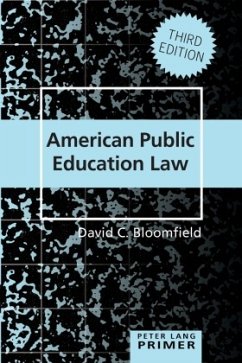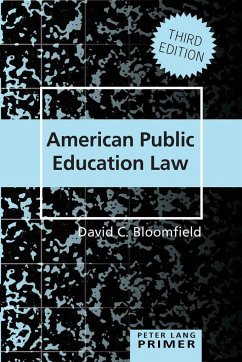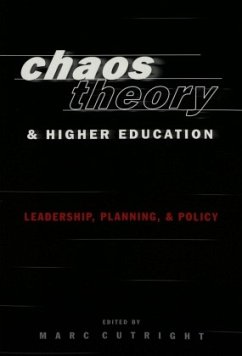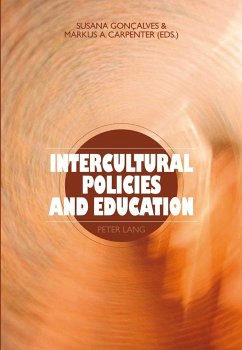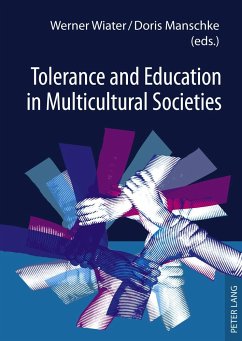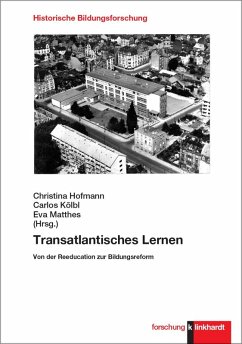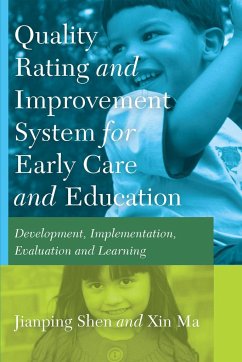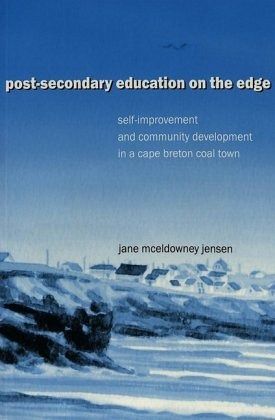
Post-Secondary Education on the Edge
Self-Improvement and Community Development in a Cape Breton Coal Town
Versandkostenfrei!
Versandfertig in 6-10 Tagen
25,95 €
inkl. MwSt.

PAYBACK Punkte
0 °P sammeln!
This ethnographic study addresses the ways residents of an economically distressed community in Nova Scotia perceive post-secondary education. Historically, the efficacy of education as an economic development strategy has been contradicted by the lack of work available locally and the personal costs associated with acquiring credentials. Yet education has been and continues to be a strong central value for this community. This book confirms the opportunities educational achievement can offer to individuals and yet questions how credentials alone can lift economically distressed communities as...
This ethnographic study addresses the ways residents of an economically distressed community in Nova Scotia perceive post-secondary education. Historically, the efficacy of education as an economic development strategy has been contradicted by the lack of work available locally and the personal costs associated with acquiring credentials. Yet education has been and continues to be a strong central value for this community. This book confirms the opportunities educational achievement can offer to individuals and yet questions how credentials alone can lift economically distressed communities as a whole if the systemic issue of regional political economy is not addressed.




